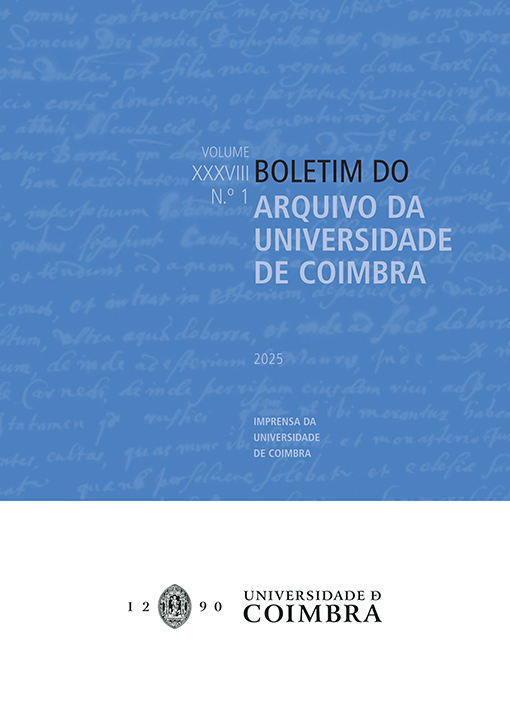For an epistemology of sources
Who’s talking there?
DOI:
https://doi.org/10.14195/2182-7974_38_1_3Keywords:
Sources, Archives, Voices, Categorization, DehistoricizationAbstract
Usually, historians in France recognize that their task is to “make the sources speak”. What might appear to be a simple question of a technical nature (making known what is contained in the sources), however, conceals a balance of power that is certainly inherent to the historical academic field. Indeed, “making the sources speak” poses a problem in terms of both the concept of “sources” and the verb “to speak”. Initially, the crucial issue for a discipline that sees itself as a mode of indirect knowledge was to make the medium transparent, as if we could hear the witnesses directly in order to arrive at the truth of things. Hence the designation of historical material with a set of naturalizing metaphors that have had the crucial consequence of eliminating from historical reflection the meaning effects linked to the conditions of transmission and, in particular, archiving (selection, classification, inventory), which have only appeared on the historians’ horizon since the beginning of the 21st century as part of the “documentary turn”. This has not, however, done away with the question of the voices to be heard in the sources, which has been taken over by ethical concerns, giving to the “archival turn” a distinctly different tone from the “documentary turn”. This raises the question of the extent to which this question of the voices to be recovered not only reintroduces the dream of unmediated access to the past, but also overvalues the individual at the expense of society, as part of a regression in collective rationality.
Downloads
Downloads
Published
Issue
Section
License
Copyright (c) 2025 Boletim do Arquivo da Universidade de Coimbra

This work is licensed under a Creative Commons Attribution 4.0 International License.
Authors retain copyright and grant the journal right of first publication with the work simultaneously licensed under a Creative Commons Attribution License that allows sharing the work with recognition of authorship and initial publication in Boletim do Arquivo da Universidade de Coimbra journal.










